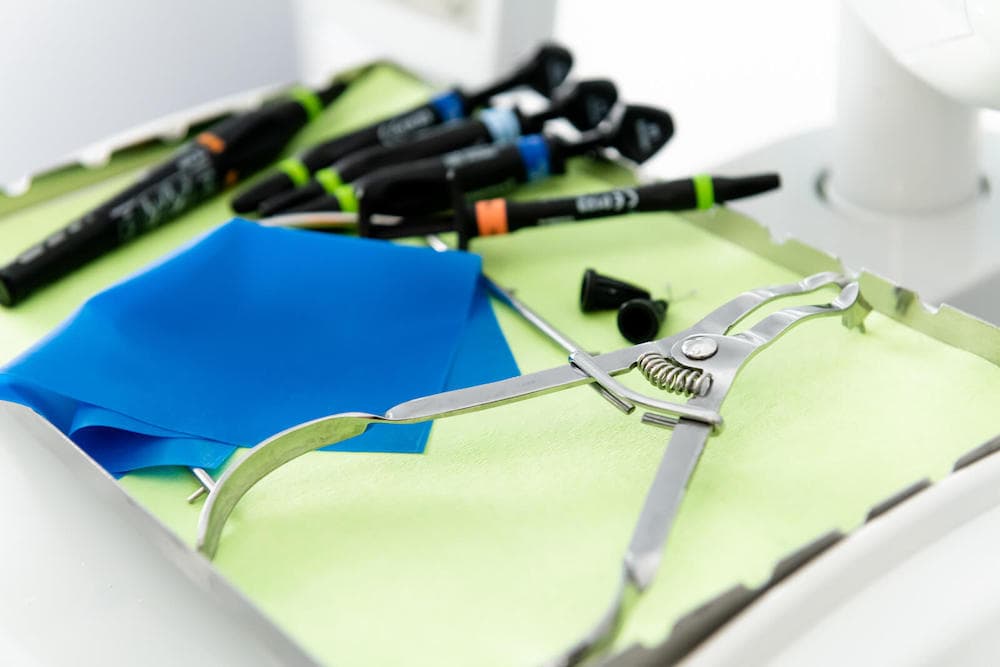
Endodontics is the treatment of the tooth ducts in which the dental pulp is located which usually flares up as a result of an untreated caries that goes from superficial to deep (but there may also be other reasons).
Dental pulp is the connective tissue found inside the tooth, in the crown and root canals: when a caries goes deep, it goes to the pulp of the tooth and its nerve.To preserve the tooth and avoid removing it, it is therefore necessary to devitalize it (neutralize its vitality), or empty it of infected dental pulpfrom the vessels and the nerve and then fill it with a specific inert material replacing the pulp.
How to know if we should devitalize a tooth?
A tooth that needs devitalization and therefore has suffered pulp or nerve damage it's usually a tooth that hurtsIt can hurt all the time, regardless of external stress or only on certain occasions (perhaps during chewing).
If there is a pain situation it is necessary to Visit the dentist for a check-up.On this occasion, the dentist examines the patient's mouth through a visual examination (and, if necessary, also through a dental examination).panoramic adiography) to assess any damage and decide on the best course of treatment.
Periodic visits to the dentist are therefore essential to identify caries or other pathologies in their early stages and to be able to intervene with a less invasive conservative treatment than devitalizationIt is also more challenging on the economic front.
How is a root canal procedure performed?
Endodontic treatments are performed with local anaesthesia in a single session that usually lasts about an hour or less.
Once the dentist opens a pathway into the tooth in order to reach the pulp you export it in such a way that eliminate all bacteria accumulated as a result of the infectiononce all the pulp has been removed and the root canal is emptied and disinfectedIt is filled with a specific inert material.
As a final step, The tooth is sealed with a temporary filling which is not replaced until later.during a subsequent session in which The tooth is reconstructed and covered with a capsule. which acts as protection (devitalized teeth are more fragile).
How's the post-op course?
After devitalization of a tooth the patient may experience:
- pain and inflammation of the gum
- difficulty in opening the mouth fully (transient situation that resolves itself)
If the pain is very intense it is good to go back to the dentist who can prescribe, if necessary, a supportive drug therapy to relieve symptoms annoying.
In the days following surgery it is advisable to do not consume drinks or food that are too hot and avoid using the newly devitalized tooth for chewing.
How to avoid having to resort to devitalization of a tooth?
Le pathologies affecting the oral cavity that worsen to the point of requiring devitalization (e.g. caries) are less challenging if diagnosed in the early stages.
A good oral hygiene and regular visits to the dentist they allow us to keep our mouths under control and intervene promptly to resolve any problems which, if underestimated, require more invasive and expensive treatments.
